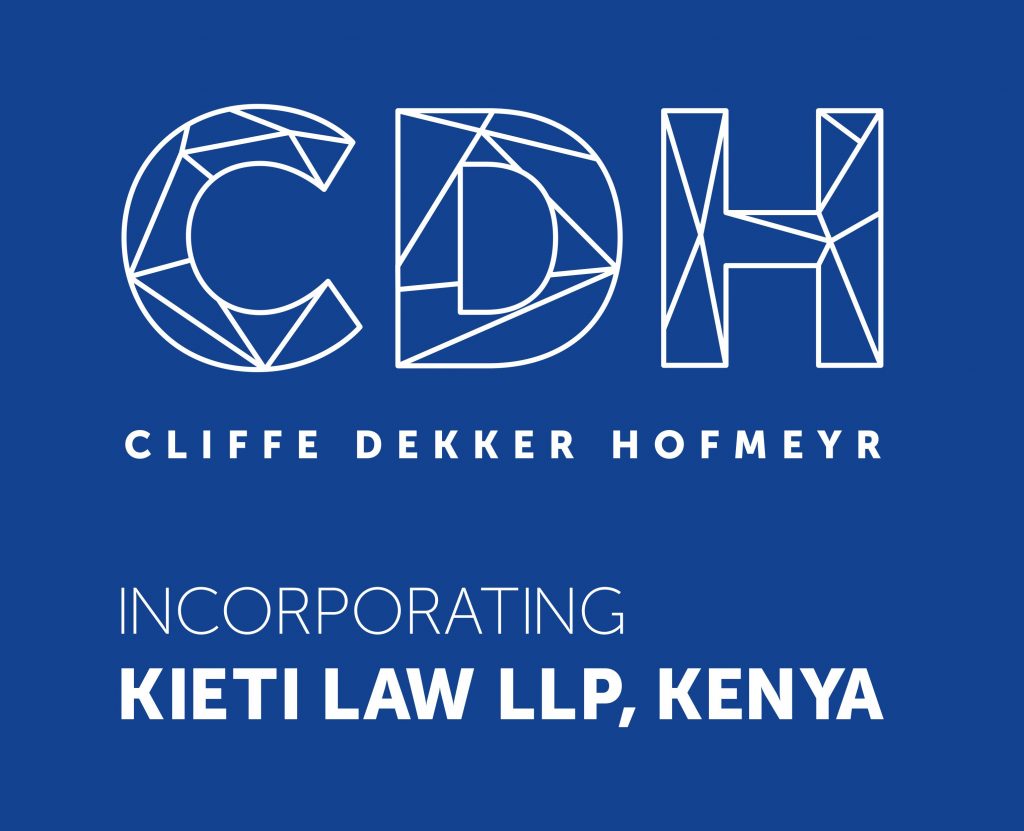

In the recent decision of Centaur Mining South Africa (Pty) Ltd v Cloete Murray N.O. and Others (37520/2021) [2022] ZAGPJHC 676, the Gauteng Local Division of the High Court (Johannesburg) had to consider a fascinating case that dealt with a sophisticated network of companies involved in fraudulent conduct and pronounce on the extent to which a court could exercise its powers to make an order that it considers appropriate as contemplated in section 20(9) of the Companies Act 71 of 2008 (Companies Act).
Background
This matter involved an application for the rescission of a declaratory order granted by the same court, in terms of which the incorporation of various subsidiaries (the subject companies) of Trillian Management Consulting (Pty) Ltd (TMC), were deemed to be an abuse of the separate juristic personality of those entities and were subsequently collapsed and consolidated into TMC (which was in liquidation), such that TMC and the subject companies would continue as one single entity as contemplated in section 20(9) of the Companies Act. The subject companies were therefore deemed to have also been placed in liquidation, the effective date of such proceedings being the date that TMC was placed in liquidation.
Section 20(9) of the Companies Act states that:
If, on application by an interested person or in any proceedings in which a company is involved, a court finds that the incorporation of the company, any use of the company, or any act by or on behalf of the company, constitutes an unconscionable abuse of the juristic personality of the company as a separate entity, the court may:
(a) declare that the company is to be deemed not to be a juristic person in respect of any right, obligation or liability of the company or of a shareholder of the company or, in the case of a non-profit company, a member of the company, or of another person specified in the declaration; and
(b) make any further order the court considers appropriate to give effect to a declaration contemplated in paragraph (a).
Facts
The applicant, Centaur Mining South Africa (Pty) Ltd (CMSA), sought the rescission of the declaratory order referred to above on the basis that the winding-up proceedings of the subject companies was incompetent and was granted in the absence of CMSA as it was an interested party in those proceedings.
After a final order placing the subject companies in liquidation was granted, the liquidators of TMC instituted action against CMSA based on two agreements in terms of which CMSA lent money to two of the subject companies, namely Trillian Shared Services (Pty) Ltd (TSS) and Trillian Financial Advisory (Pty) Ltd (TFA), and which TSS and TFA had partially repaid to CMSA. The liquidators alleged that the payments constituted voidable dispositions and sought to set them aside in terms of the provisions of the Insolvency Act 24 of 1936.
The two questions the court had to consider were whether CMSA had the requisite locus standi, and secondly whether the court had the competence to grant the order collapsing the subject companies into TMC.

Photo By: Canva
Locus Standi
The rescission application brought by CMSA was based on its exclusion from the proceedings that led to the granting of the declaratory order, where CMSA alleged it was an interested party since it was entitled to loan repayments from the two subject companies (TSS and TFA). The court reiterated that an applicant seeking a rescission order needs to discharge the onus that the requirements of a rescission have been met. These requirements are dealt with in Rule 42 of the Uniform Rules of Court and require that judgment must have been granted in the absence of the affected party and that it was granted erroneously. The court further emphasised that a court must be satisfied that the applicant has established locus standi and that it has an interest in the judgment that was granted in its absence.
The liquidators of TMC refuted the standing of CMSA by their assertion that the claims against the collapsed companies were fraudulent and could not be deemed genuine. The liquidators expanded by stating that the subject companies were used in a highly sophisticated and multi-dimensional corruption, fraud and money laundering scheme. On this basis, the liquidators contended that CMSA could not be a creditor of the two subject companies. CMSA responded by merely alleging that the allegations were vexatious and hearsay, which the court was not satisfied with as sufficient rebuttal of the evidence before it. The court concluded that due to CMSA’s participation in fraudulent conduct, it could not be said to be a true creditor of the subject companies and thus it was not lawfully affected by the section 20(9) order it sought to rescind. Accordingly, the court concluded that CMSA had failed to establish the requisite locus standi to launch the rescission application.
Court’s competency to grant a section 20(9) order
The second question the court was required to determine was whether the rescission of the declaratory order was available due to the court’s supposed lack of jurisdiction to grant it. The issue revolved around the wording of section 20(9) of the Companies Act.
CMSA had relied on the judgment in the matter of Barak Fund SPC Limited v Insure Group Managers Limited (In Liquidation) and Others [2022] ZAGPJHC where that court held that the section 20(9) application was inappropriate because the companies to be collapsed in that matter were not in winding-up. Wepener, J in this application was of the view that if the court is empowered to grant relief where the facts justify piercing the corporate veil, the court is empowered to grant any other appropriate relief. Wepener, J further held that if a court can collapse liquidated companies, that power is contained in section 20(9) of the Companies Act. This highlighted that a court is empowered to exercise its power to collapse an unliquidated company that is deemed not to be a separate juristic person into a liquidated company.
After considering the argument of the respective parties, the court emphasised that section 20(9)(b) of the Companies Act affords the court the very widest powers to grant any consequential relief. The court confirmed that the conduct of the two subject companies and TMC, whose conduct constituted an unconscionable abuse of their juristic personalities, warranted an order to collapse them all into TMC. The further appropriate order was to allow the Master to appoint liquidators to follow the requirements of the law regarding liquidation of the two subject companies. It was therefore confirmed that once the requirements for section 20(9) are met, the court has the power to make the appropriate order.
Conclusion
This judgment has expanded on the foundation for proceedings brought in terms of section 20(9) of the Companies Act and provided some clarity on the wide powers granted to a court to protect the rights of interested persons from those who seek to abuse the separate juristic personality of a company to engage in unlawful conduct.




